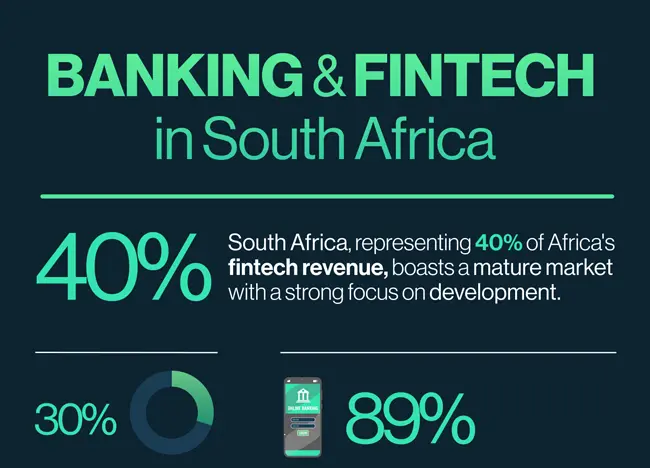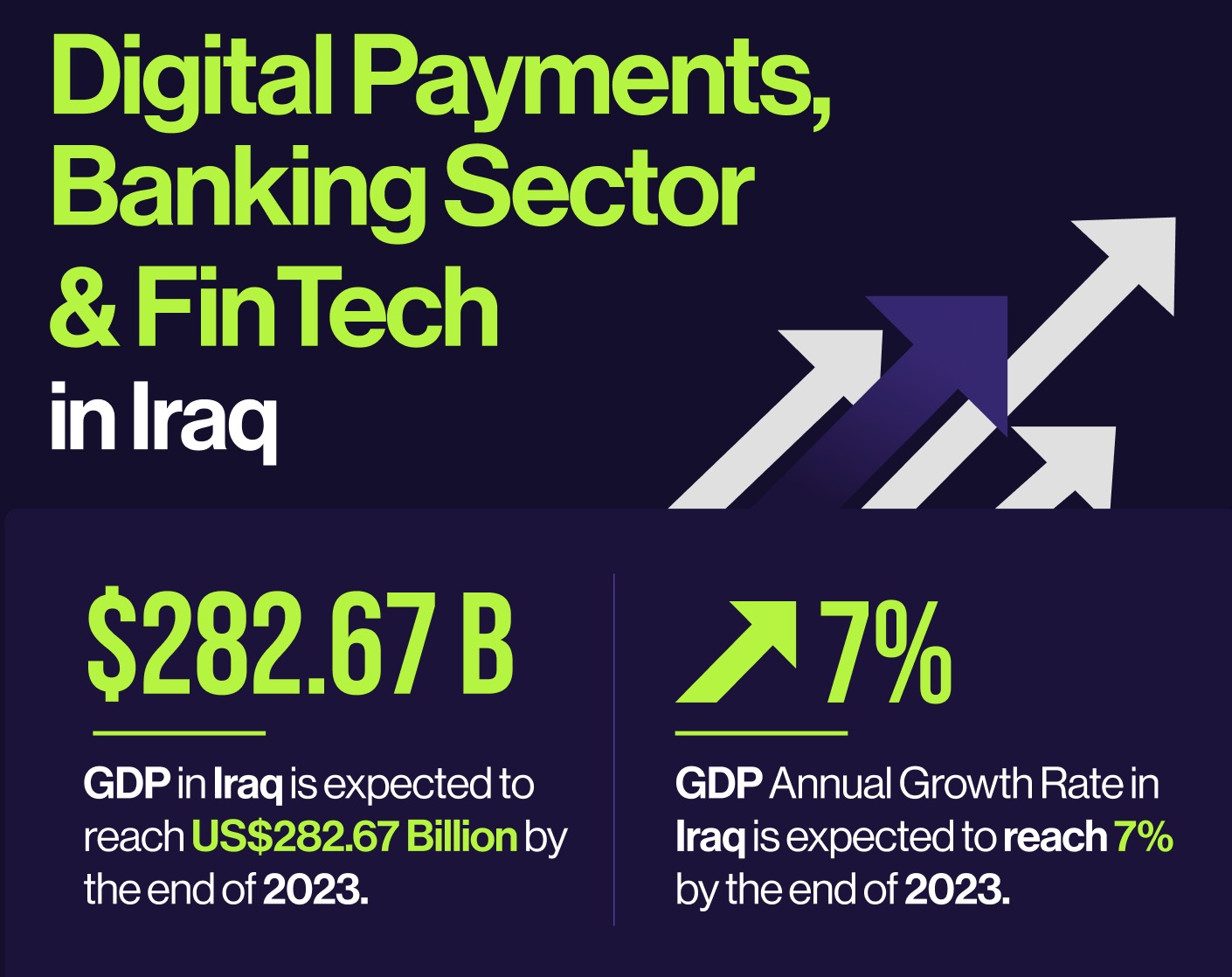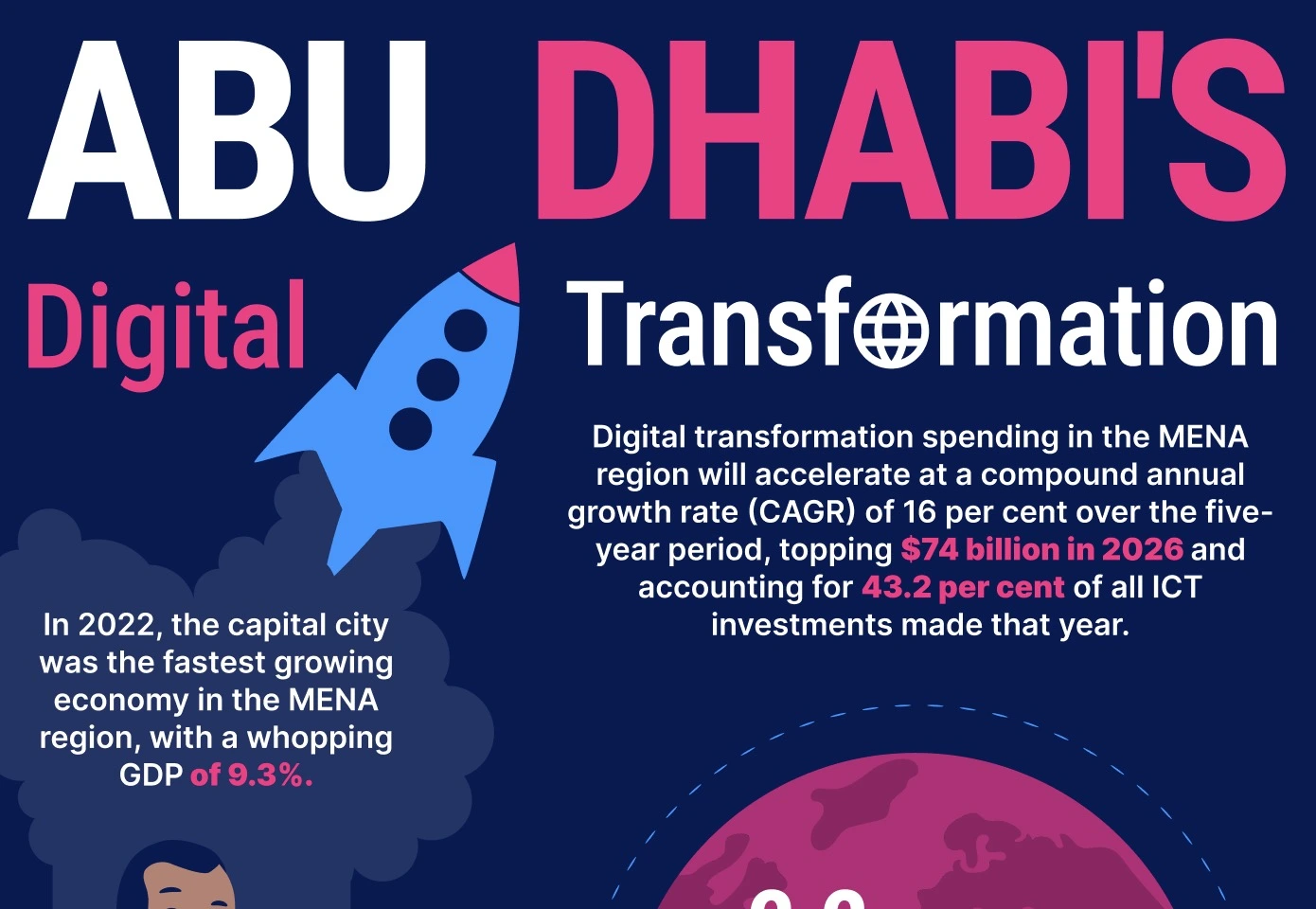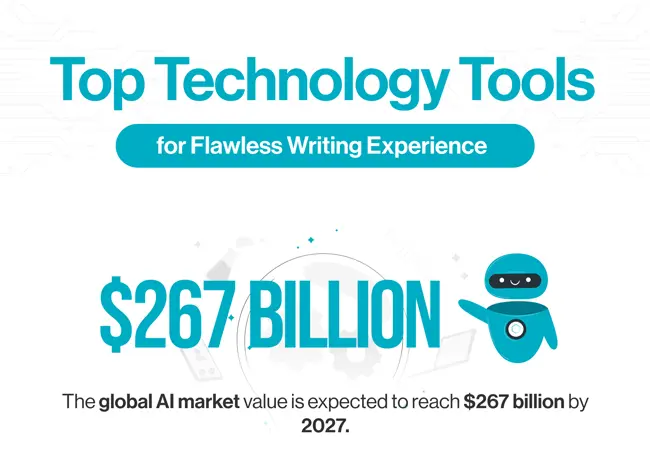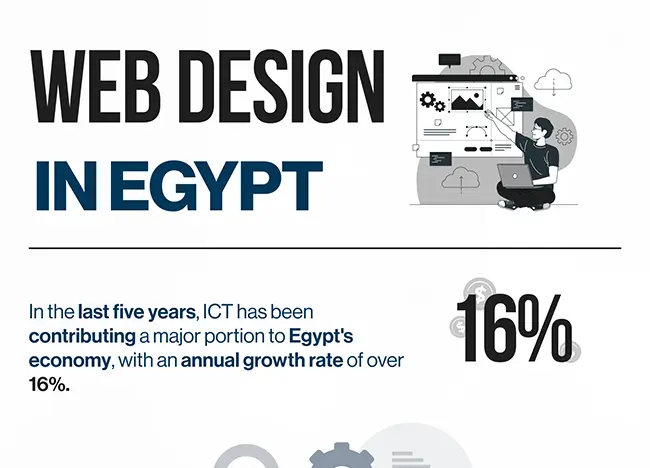Introduction
In the current digital age, online privacy has become a critical issue. With the growing amount of personal information online, issues about how this information is utilized have been changing. This article explores the modern kingdom of online privacy, the demanding situations and risks involved, and the measures being taken to guard personal statistics.

Infographics By GO-Globe Web Design company
Understanding Online Privacy
Definition and Importance
Online privacy refers to the right of individuals to govern their non-public statistics and the way they're accumulated, used, and shared online. It is essential because private information can reveal touchy facts about an individual, which include their habits, alternatives, or even their identification.
Evolution of Online Privacy Concerns
Privacy concerns have developed along with technological advancements. In the initial days of the advent of internet, users were normally worried about maintaining their emails and online communications. Today, the scope of online privacy features a huge variety of activities, along with social media interactions, e-trade transactions, and using clever gadgets.
Current State of Online Privacy
Data Collection Practices
Companies collect large amounts of information from customers regularly, without their express permission. Companies may use this information for targeted advertising and other purposes, including browsing records, proximity records, and private preferences.
Major Data Breaches
Recent years have seen several high-profile statistics breaches, affecting thousands of users worldwide. These breaches highlight the vulnerability of personal information and the need for robust security measures.
Impact of Social Media
Social media systems are the principal creditors of private statistics. Users often proportion private data, once in a while unknowingly, which can be accessed and utilized by third parties. The Cambridge Analytica scandal is a prime example of how private information may be misused.
Technology and Privacy
Role of Encryption
Encryption is a vital tool for protecting online privacy. It ensures that information is readily available to legal parties, preventing unauthorised rights of entry and data breaches.
Privacy-Enhancing Technologies
Technologies, which include virtual non-public networks (VPNs), anonymizing browsers, and secure messaging apps, help shield users' privacy by obscuring their online activities and communications.
The Debate on Encryption Backdoors
There is an ongoing debate about whether or not governments need to have access to encrypted communications. While this will assist in fighting crime, it additionally poses considerable dangers to privacy and security.
Corporate Responsibility
Companies have an obligation to put in place sturdy fact-protection policies. This consists of securing non-public facts, minimising records series, and ensuring compliance with privateness laws.
Transparency Reports
Transparency reports from businesses can provide insights into how they take care of personal information and respond to government requests for records. These reviews assist in building consideration and duty.
User control and consent
Giving users control over their non-public information is vital. This includes supplying clean privacy settings, acquiring specific consent for statistics series, and permitting users to get right of entry to and delete their records.
Consumer Awareness and Actions
Understanding privacy settings
Users should take some time to understand and configure privacy settings on their gadgets and online accounts. This can help guard their private facts from being unnecessarily shared.
Using privacy tools and software
Privacy gear, along with VPNs, secure browsers, and anti-monitoring software, can enhance online privacy with the aid of defensive users' information and obscure their online activities.
Best Practices for Online Privacy
Users can observe excellent practices together with the usage of robust passwords, allowing two-thing authentication, being cautious about sharing non-public facts online, and frequently reviewing privacy regulations.
Challenges and Future Directions
Balancing Privacy and Innovation
Balancing the desire for privacy with the advantages of technological innovation is a great assignment. Innovations along with AI and IoT offer splendid benefits but additionally pose new privacy risks.
The Role of Artificial Intelligence
AI can both beautify and threaten privateness. While it could improve records safety and provide customised reviews, it may also be used to display and examine non-public conduct through intrusive methods.
Emerging Threats and Solutions
Emerging threats, together with deepfakes, superior monitoring strategies, and complex cyber attacks, require ongoing vigilance and revolutionary solutions to defend online privacy.
The State of Online Privacy
Global internet users by region who have some degree of concern about their online privacy
| Region | %age |
| LATAM | 81% |
| BRIC | 76% |
| Middle East and Africa | 69% |
| APAC | 67% |
| North America | 59% |
| G-8 Countries | 56% |
| Europe | 51% |
Types of personal information available online
| Types of information | %age |
| photo of you | 66% |
| Birth Date | 50% |
| Email address | 46% |
| company you work for | 44% |
| Home address | 30% |
| Cell Number | 24% |
| Home phone number | 21% |
- Around 78% of internet users surveyed are worried about a lack of privacy as a result of having so much information about them available on the internet.
- 68% of internet users believe current laws are not good enough in protecting people’s privacy online.
- Around 70% of respondents noted that exposure of personal information online reduce their level of social media use and presence
- 60% of internet users surveyed have given inaccurate information on social media about themselves as safety precaution
- 55% have asked someone to remove an online post or un-tag them because of privacy concerns
- Nearly 1 in 4 internet users surveyed used unsecured public wi-fi, leaving their personal information in open.
- Around 37% of US consumers top cause of concern for their privacy online is companies collecting and sharing their personal information with other companies.
- 91% of online consumers believe it is not fair for a company to collect personal information without their knowledge in exchange for discount.
Conclusion
The kingdom of online privacy is complex and ever-evolving. As technology keeps increasing, so do the risks and demanding situations associated with protecting non-public records. By knowing the significance of online privacy, staying knowledgeable about regulations and best practices, and taking proactive steps to safeguard non-public facts, individuals and organizations can navigate the digital panorama extra securely.

